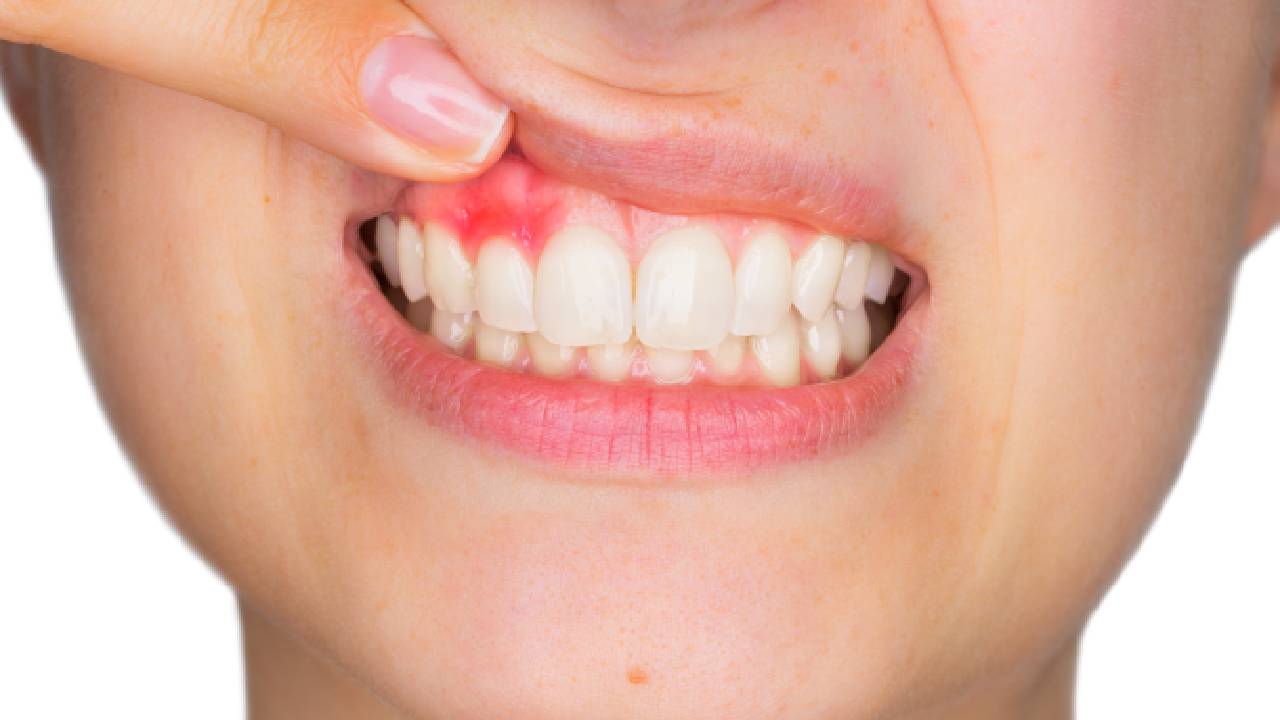If you have swollen or inflamed gums, the first symptom is mouth sensitivity, and the common cause of inflamed gums is gum disease. Gum disease comes in two forms; gingivitis, which is the mild stage, and periodontal disease, which is an advanced stage where the inflamed gums can cause damage to the underlying tissue that holds your teeth in place.
There are many causes of gum disease, such as:
- Dental plaque has coated your teeth full of bacteria
- Dental plaque is now harmful as it hardens into tartar
- Poor oral care results in your gums becoming inflamed
- Bacteria has formed in the pockets of teeth
Gingivitis is defined as inflamed gums caused by a bacterial infection. It progressively becomes worse and forms periodontitis if it’s not treated.
How Can I Reduce Inflamed Gums?
Inflamed gums can be reduced by performing adequate steps as part of a strong oral routine. This consists of:
- Brushing Twice A Day With The Right Technique – Avoid overzealous brushing in and around your teeth and gums, because this is a key to inflamed gums. It is recommended that you brush with a soft-bristle toothbrush, and be gentle when stroking your teeth with your toothbrush.
- Flossing Away Food Debris – Sometimes, food can become stuck in between teeth, and these particles that remain in the mouth can cause plaque and tartar build-up. When allowed to build, this can lead to inflamed gums. If you’ve swollen gums and you’re still going to floss, carefully slide the floss between your teeth and don’t force it down to cause further gum damage.
- Always Rinse Your Mouth – Rinsing your mouth ensures that food particles and debris are washed away into your stomach. If they remain in the mouth, this can cause plaque build-up and lead to gum disease. Consider using a saltwater rinse or mouthwash to neutralize bacteria and reduce any early signs of gingivitis.
- Improve Your Nutrition – Gum disease is likely if you eat a diet that comprises high levels of sugar and starch carbohydrates. Ensure your enamel remains strong by eating foods that contain calcium and phosphate. This helps to protect both your teeth and gums.
You Might Also Want to Know: How To Get Rid Of Swollen Face From Tooth Infection?
Are you seeking support with inflamed gums? We’re here to help. You can book yourself with us at Garran Dental today and let us look after your oral health.


